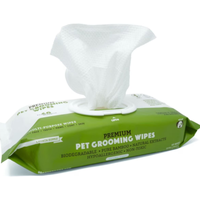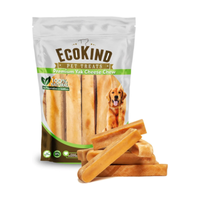Expert shares 8 reasons for dog scooting
Wondering what causes dog scooting? We’ve got the answers to this comical and concerning behavior.
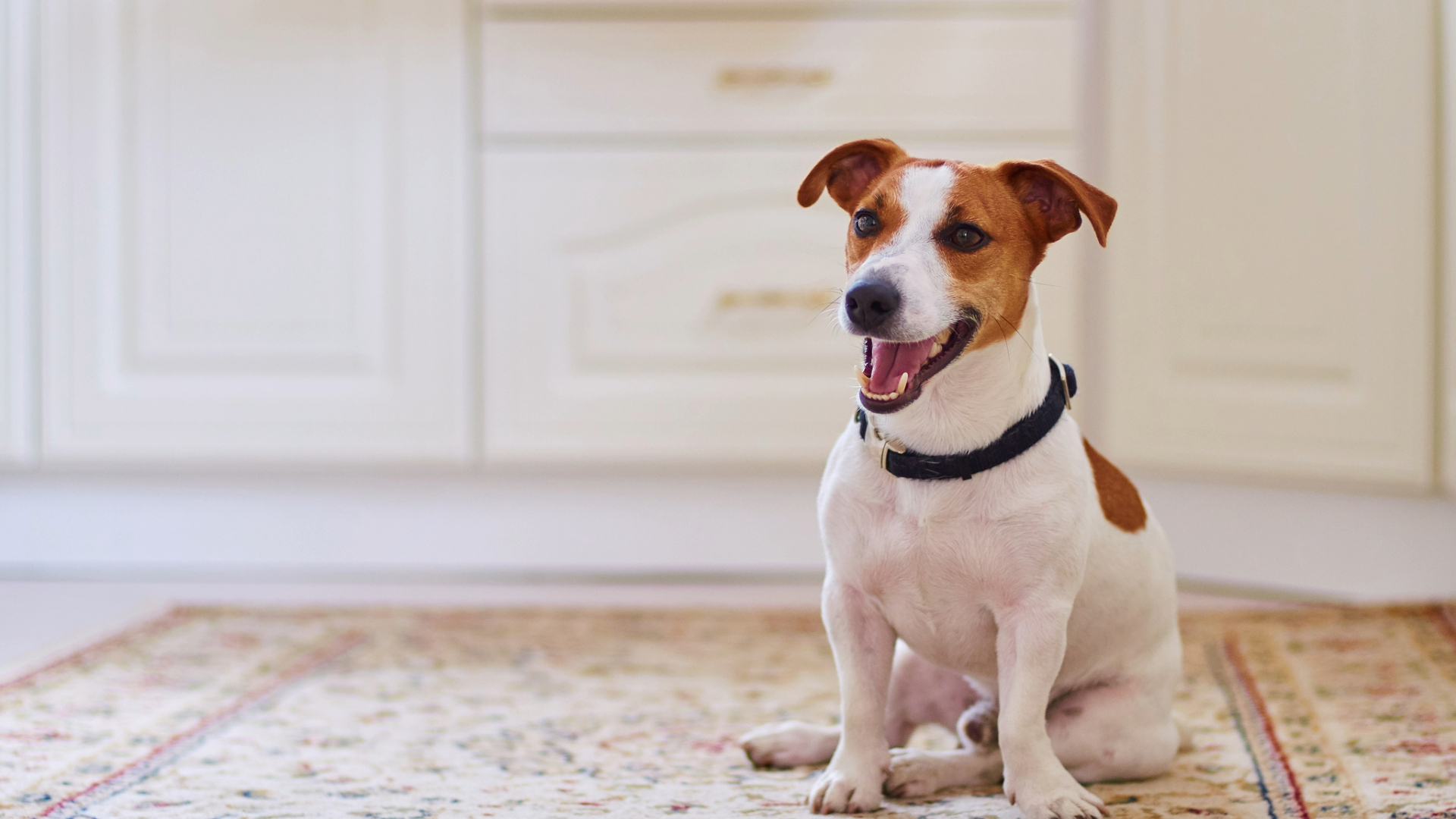
If you’ve ever witnessed your dog scooting, then it’s probably had you either in fits of laughter or feeling rather concerned. This peculiar behavior involves a dog dragging or rubbing their butt along the ground, shuffling along while in a sitting position. While it might initially appear comical, this behavior typically indicates an underlying health issue that shouldn’t be overlooked.
One of the most common reasons for dog scooting is discomfort or irritation around the anal area. This irritation can come from various sources - including anal gland problems, intestinal parasites, allergies, hygiene issues, or even behavioral challenges.
Understanding why your dog is scooting is really important as this will allow you to get on top of the behavior quickly and address any underlying health concerns. Your dog may be feeling distressed or uncomfortable, so alongside working with your vet, you may want to lift their mood by playing with them or providing them with one of the best long lasting dog chews.
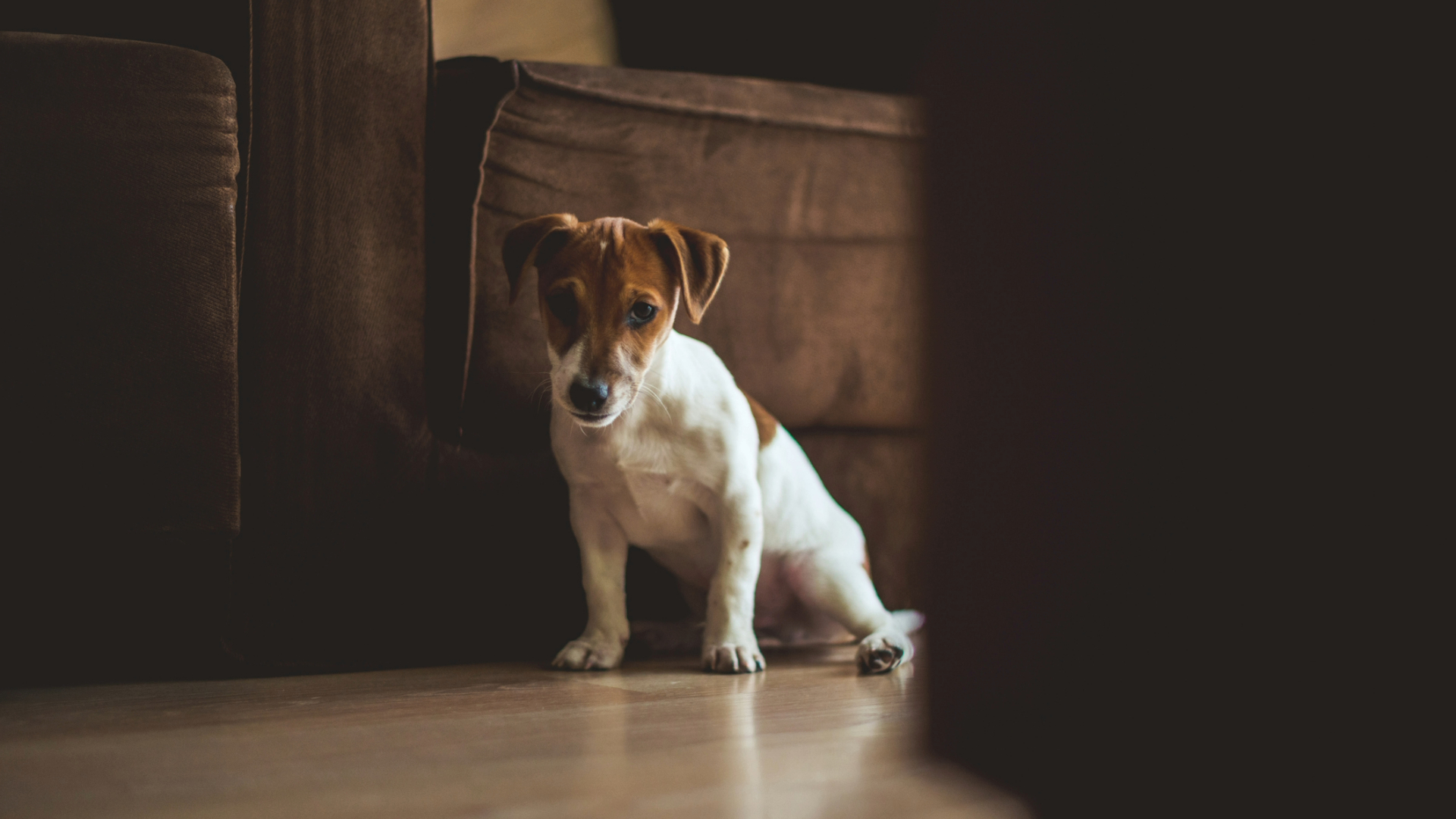
Why is my dog scooting?
If you’re wondering why your dog is scooting, here are eight different reasons behind this puzzling behavior and how you can best support your dog back to good health:
1. Anal gland issues
Dogs have anal glands located near their anus that can become impacted or infected, causing discomfort or itchiness. Scooting can be a way for them to relieve this discomfort.
According to the Journal of Animals (Basel), there are other clinical symptoms of canine anal sac disease aside from scooting, including “Discomfort when sitting down, licking/biting of the anal area or tail-base region, tail chasing, tenesmus, perianal discharge, redness of the tail area, moist dermatitis of the perianal region, and back rubbing against an object.”
PetsRadar Newsletter
Get the best advice, tips and top tech for your beloved Pets
2. Worms/parasites
Intestinal parasites, such as tapeworms or roundworms, can cause irritation around the anus, leading to scooting behavior. These parasites can be easily spread in well-populated areas of dogs. If you want to learn how to treat a dog with worms, this vet’s guide can help.
According to the American Veterinary Medical Association, “These worms can cause malnutrition (because they steal nutrients as food is being digested) and diarrhea and hookworms can cause blood loss. There are many products available to treat worms, and you should consult their veterinarian for the appropriate products for your pets.”
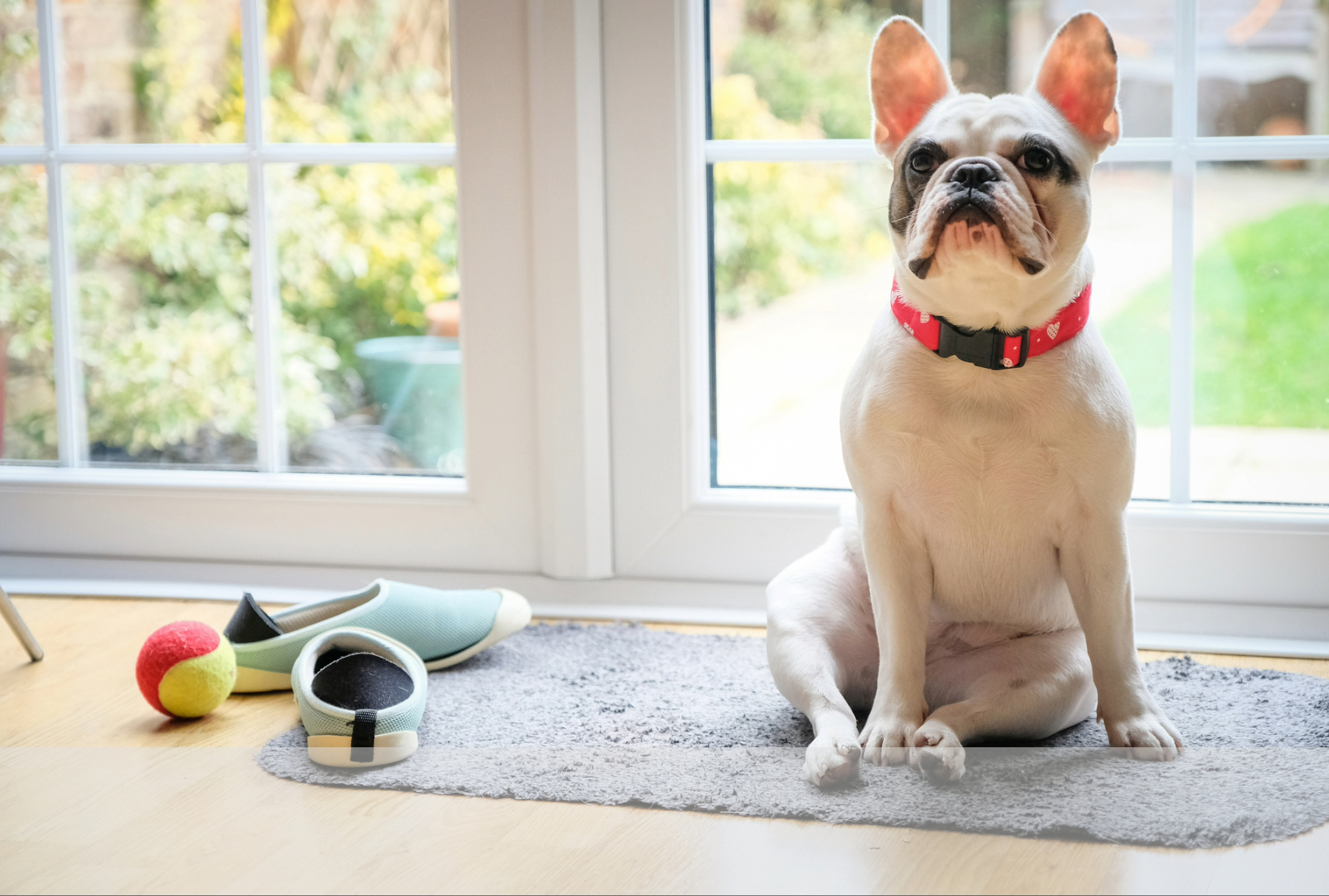
3. Allergies
Dogs can develop allergies to food, environmental factors, or even flea bites, which can cause itching and irritation around the anal area. This discomfort could result in scooting behavior as the dog attempts to soothe the itching sensation.
Identifying and addressing allergens is crucial to managing this issue and ensuring your pet's comfort and health. Your vet will be able to explain further how to help a dog with allergies and you may be advised to swap your dog’s food over to one of the best dog food for allergies.
4. Hygiene
Dogs, particularly those with longer coats, can get dirt attached to their coat around their back end. Fecal matter or foreign objects, such as leaves or small sticks, can become stuck to the fur causing irritation and prompting the dog to scoot in an attempt to clean themselves.
If your dog is prone to getting irritated by dirt on a walk, you might want to carry some natural pet wipes with you or some water to wash the area. Regular bathing and grooming with the best dog grooming kit - including clipping the fur in this area a little shorter - may also help.
Doggy Do Good Premium Natural Scented Cat & Dog Grooming Wipes
These natural grooming wipes will come in handy when you’re on the go, keeping your pup clean and fresh. Not only are they biodegradable, but they’re multipurpose, meaning you can use them on skin, coat, paws, teeth, face and ears.
5. Anal fissures or tears
Injuries or small tears around the anus can cause pain and discomfort. When our dogs are feeling discomfort in an area of their body, they may be inclined to lick it to ease the feeling. In this situation, with the pain being in a hard-to-reach area, you may see your dog scooting instead.
6. Full or impacted rectum
Constipation or difficulty passing stool can cause discomfort, and scooting may be a way for the dog to try to ease the pressure. Your dog may find it difficult to pass stool after eating grass as it gets wrapped around the poop during the digestion process, making it trickier to get out.
Loose stool or ongoing diarrhea can also cause complications as their anal glands require firm poop to naturally get emptied during the stool-passing process.
If your dog is regularly having issues with their digestion, your vet will be able to help you uncover why this is. Swapping their diet or improving your dog’s gut health may be required to reduce your dog’s desire to scoot. If you want to learn how to improve dog gut health, this feature has some great tips.
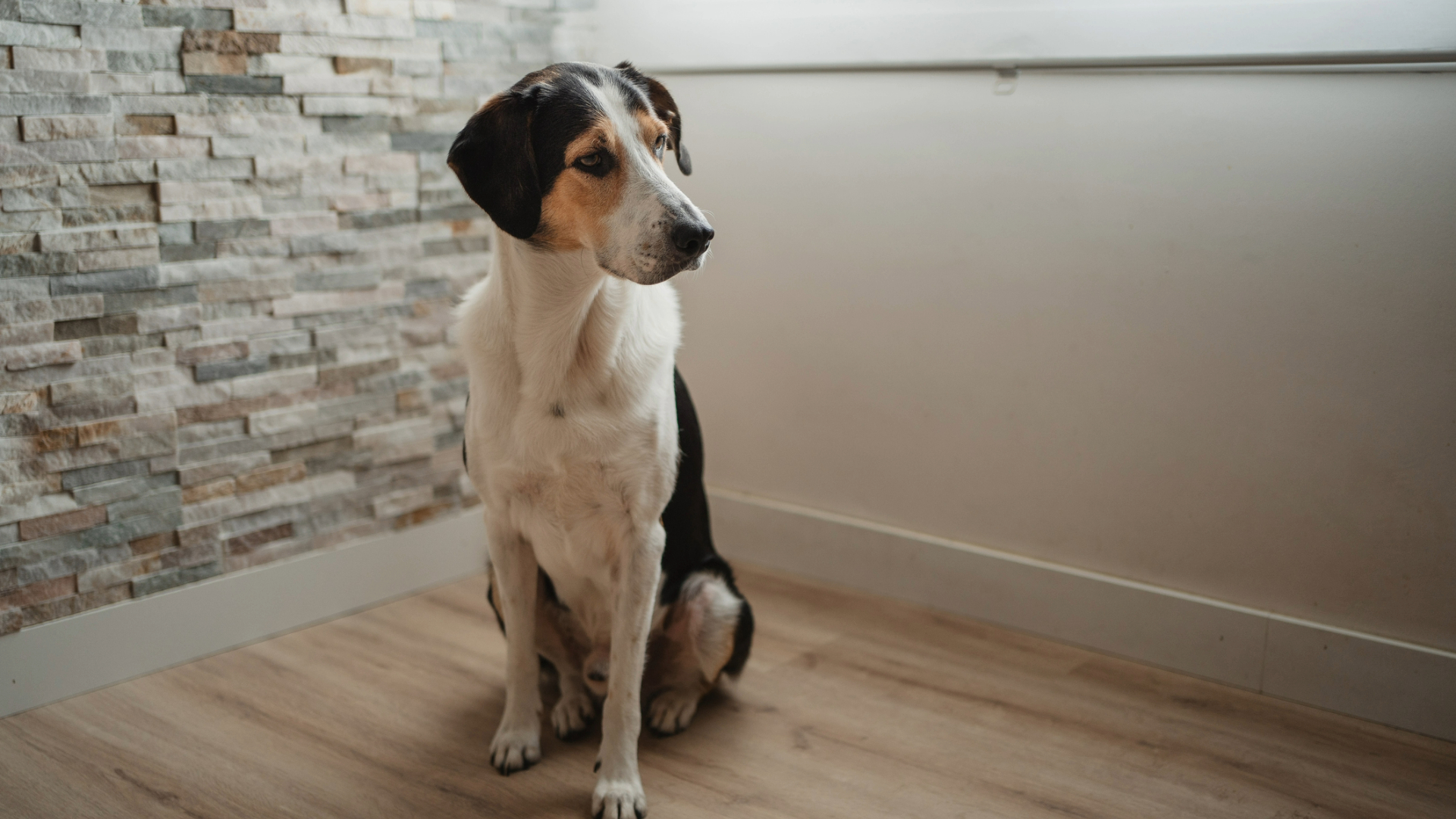
7. Skin infections or irritation
Bacterial or yeast infections on the skin around your dog’s backend can cause itching and irritation, prompting the dog to scoot.
If your dog has infected skin, they may need a specially formulated medical shampoo from your vet to treat it. If there’s no infection, a dog shampoo allergy may be causing irritation.
8. Behavioral reason
In some cases, the scooting behavior may not be directly related to a physical issue but could stem from a learned behavior or habit. If you have perhaps found the scooting behavior funny in the past, laughed, or given your dog lots of attention when they did it - they could find it a good way to get some interaction from you. However, it's essential to rule out any underlying medical causes first.
EcoKind Gold Yak Himalayan Cheese Dog Treats
These long-lasting yak cheese dog treats are a great way to give your dog some daily enrichment - boosting happy feel-good hormones through the chewing process. They are a great way for your dog to work their jaw and clean their teeth at the same time. Made with just three simple ingredients - yak milk, salt and lime - they’re a natural alternative to many dog treats that really aren’t that great for our dog’s gut.
Should I take my dog to the vet for scooting?
If your dog has started scooting you may be trying to determine whether a vet visit is necessary or not. While occasional scooting might not be a cause for concern, frequent scooting could indicate an underlying health issue that definitely requires a vet’s attention.
If the scooting is accompanied by other signs of discomfort, such as licking or biting at the area, visible irritation, or changes in behavior, you will definitely want to visit your vet as soon as possible to rule out any of the above conditions that may require treatment.
A vet can perform a thorough examination to identify the underlying cause of the scooting. This may include checking for impacted anal glands, assessing for parasites or skin infections, and ruling out other medical conditions.
Depending on the diagnosis, treatment options may include expressing the anal glands, deworming medication, allergy management or a change of diet, or antibiotics for infections. You may also need to seek out the support of an ethical canine behaviorist if your vet feels the scooting is behavior-related.
Ignoring scooting behavior could lead to worsening discomfort for your dog. Seeking vet guidance can ensure that your dog receives appropriate care and relief from any pain or irritation they may be experiencing.
Want to get to the bottom of your dog’s backend issues? We uncovered why do dogs lick their butts? We’ve also got the low-down on anal sac disease, answering the question, ‘Why does my dog smell like fish?'
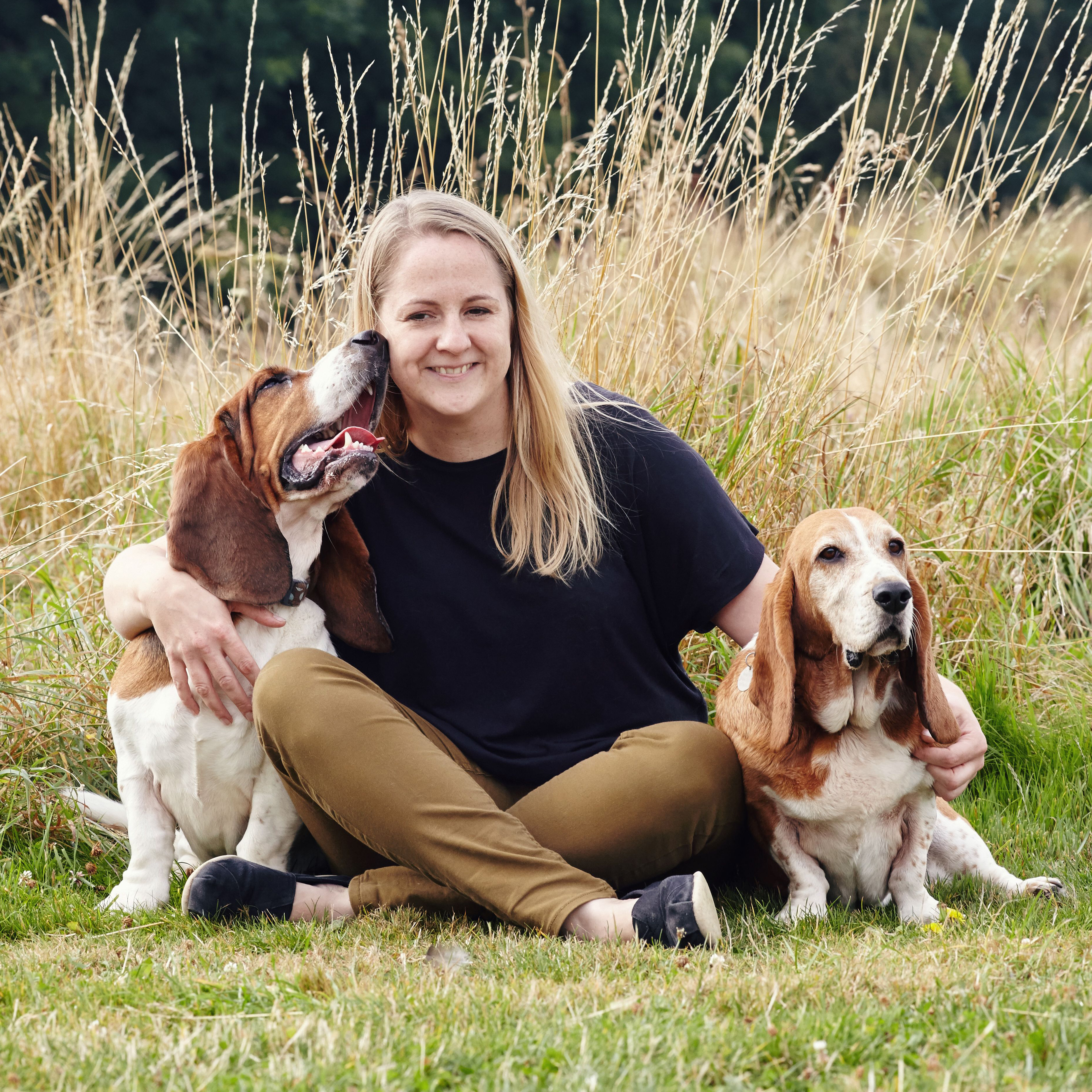
Caroline Wilkinson is a Certified Animal Behaviorist. She is a Full (assessed) Member of the APDT and INTODogs – as well as a Registered Training Instructor (ABTC). Caroline is also a Certified Real Dog Yoga Practitioner and an Applied Canine Zoopharmacognosist.
